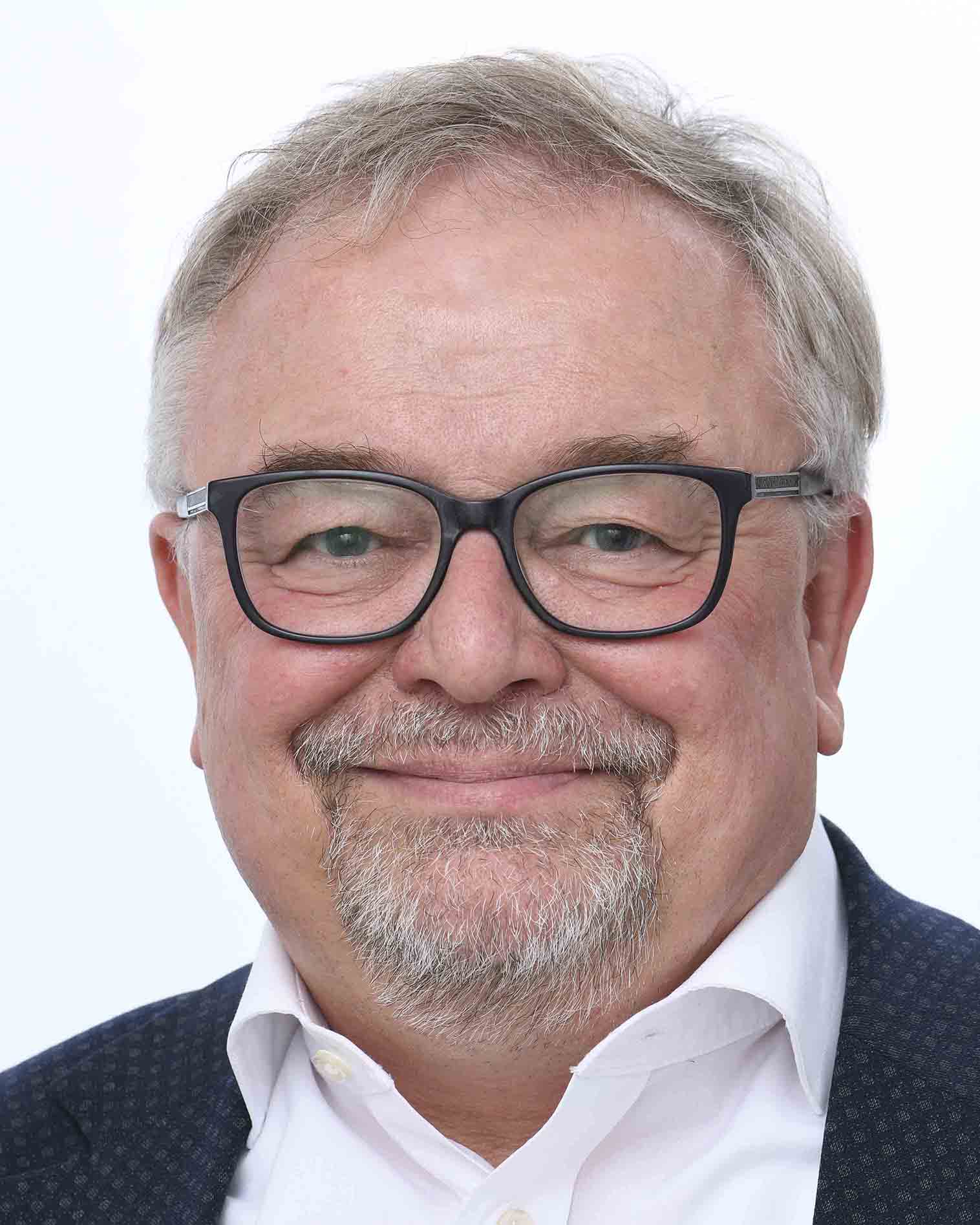
Choisissez la langue de votre document :
- bg - български
- es - español
- cs - čeština
- da - dansk
- de - Deutsch
- et - eesti keel
- el - ελληνικά
- en - English
- fr - français
- ga - Gaeilge
- hr - hrvatski
- it - italiano
- lv - latviešu valoda
- lt - lietuvių kalba
- hu - magyar
- mt - Malti
- nl - Nederlands
- pl - polski
- pt - português
- ro - română
- sk - slovenčina
- sl - slovenščina
- fi - suomi
- sv - svenska
|
| Postopek : 2014/0332(NLE) |
| Potek postopka za dokument : | ||||||
Predložena besedila : A8-0066/2014 | Razprave : PV 16/12/2014 - 14CRE 16/12/2014 - 14 | Glasovanja : PV 17/12/2014 - 10.12Obrazložitev glasovanja | Sprejeta besedila : P8_TA(2014)0097 | |||
| Dobesedni zapisi razprav | |
| Torek, 16. december 2014 - Strasbourg | Pregledana izdaja |
|
| Pravno obvestilo - Varstvo osebnih podatkov |





























































